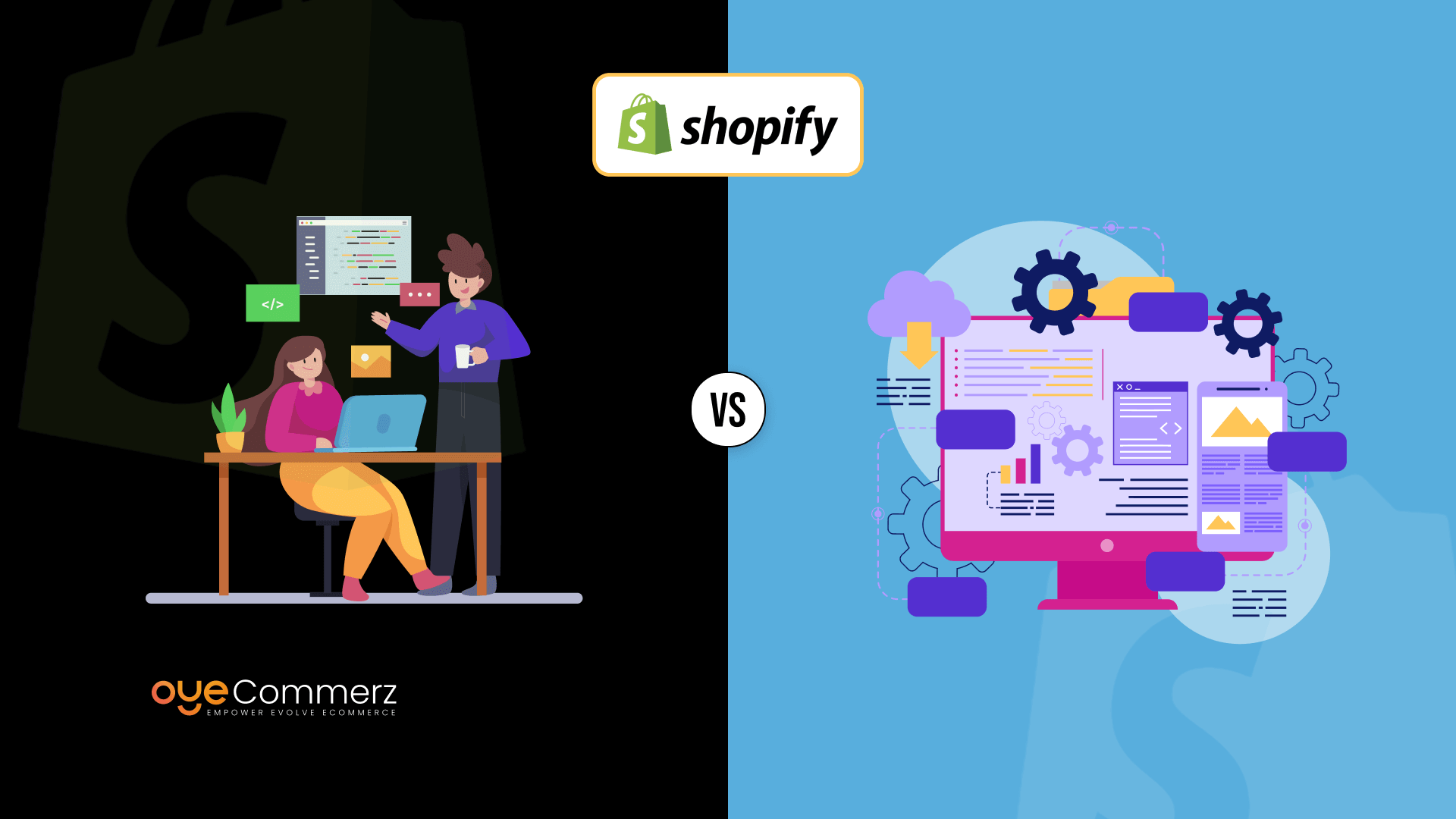Overview
In today’s competitive e-commerce environment, standing out is essential, and a top method to differentiate a Shopify store is through tailored app creation. A robust Shopify app can boost store functionality, simplify processes, and boost customer engagement. This article explores essential aspects of Shopify app development, covering API integration and app ecosystem to growth techniques and promotion methods, offering a roadmap for companies looking for superior store performance.
The Importance of Shopify API Integration
Shopify’s API offers robust tools to customize and extend store capabilities. With the GraphQL and REST API options, developers can retrieve information to build applications that handle inventory control, order processing, and customer information management smoothly. Using Shopify’s API can lead to better workflow automation and enables stores to serve customers more effectively.
Utilizing the Polaris Design System
Polaris is Shopify's set of design guidelines for designing user-friendly and easy-to-use Shopify apps. By adhering to Polaris guidelines, developers guarantee that apps seamlessly integrate within the Shopify Admin interface. This ensures a cohesive appearance that resonates with Shopify merchants, encouraging usability and comfort for merchants utilizing your custom app.
Navigating the Shopify App Ecosystem
The Shopify app ecosystem offers endless possibilities for improving e-commerce sites. From handling order fulfillment to boosting customer engagement, apps in this environment are tailored to meet diverse business requirements. Familiarizing with this system helps developers in identifying unique app opportunities and enables seamless integration of third-party services that add value to the store.
Developing Embedded Shopify Apps
Embedded apps work seamlessly within the Shopify Admin, providing a smooth interface for merchants. They allow merchants do not need to navigate away from their Shopify dashboard, streamlining their workflow. Using Shopify App Bridge and embedded app capabilities is a API for Shopify stores best practice for offering a cohesive, well-integrated user environment.
Leveraging Node.js and React for Shopify Development
Node.js and React have become top options for Shopify app creation. This server-side framework enables high-performance back-end services, while React enables dynamic, responsive front-end user interfaces. Together, they provide an strong platform for building fast, scalable Shopify apps that enhance store functionality and customer engagement.
Utilizing Webhooks in Shopify Development
Webhooks Streamlined operations for Shopify stores enable instant data synchronization between Shopify and an outside application. They initiate events such as new orders or stock changes and send instant alerts to your app. By utilizing webhooks, apps can deliver real-time information to store owners, streamlining workflows and boosting efficiency.
Customer Engagement and Digital Marketing for Shopify Apps
To ensure Shopify app success, connecting with users is key. Utilizing digital marketing strategies like SEO, email marketing, and social outreach can drive app adoption. Additionally, designing apps with customer engagement in mind (e.g., loyalty programs or personalized recommendations) boosts user retention and loyalty.
Making Your Shopify App Scalable
As e-commerce stores expand, so do their technological needs. Making sure that your app can manage higher usage, larger data sets, and more complex functionalities is essential. By improving server capacity and using scalable technologies, you can develop apps that expand in tandem with a store’s success.
Essential Features and Maintenance for Shopify Apps
For an app to be effective, it should include essential features like user login, dashboard analytics, and support channels. Regular app maintenance, with updates to fix bugs and compatibility checks with new Shopify functionalities, is important to ensure uninterrupted performance and prevent disruptions to merchant workflows.
Conclusion
Custom Shopify app development offers immense opportunities for e-commerce businesses, providing the ability to improve store functionality, streamline processes, and build customer relationships. From integrating APIs to focusing on scalability and customer interaction, creating a Shopify app requires careful planning and strategic execution. If you’re ready to elevate your e-commerce experience, a custom Shopify app may be the perfect choice. What features do you see for your dream application? Share your ideas and take the first step toward an enhanced e-commerce journey!
